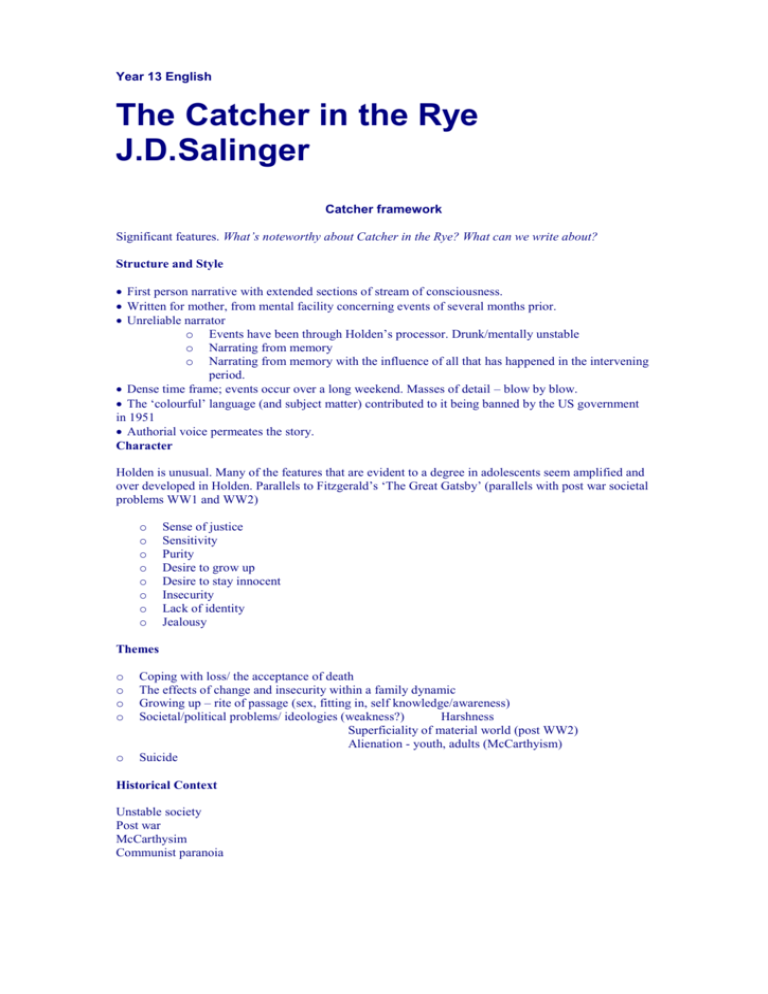

The worker becomes all the poorer the more wealth he produces, the more his production increases in power and size. Thus the theologian explains the origin of evil by the fall of Man – that is, he assumes as a fact, in historical form, what has to be explained. The economist assumes in the form of a fact, of an event, what he is supposed to deduce – namely, the necessary relationship between two things – between, for example, division of labor and exchange. Such a primordial condition explains nothing it merely pushes the question away into a grey nebulous distance. – the connection between this whole estrangement and the money system.ĭo not let us go back to a fictitious primordial condition as the political economist does, when he tries to explain. Now, therefore, we have to grasp the intrinsic connection between private property, greed, the separation of labor, capital and landed property the connection of exchange and competition, of value and the devaluation of man, of monopoly and competition, etc. Precisely because political economy does not grasp the way the movement is connected, it was possible to oppose, for instance, the doctrine of competition to the doctrine of monopoly, the doctrine of craft freedom to the doctrine of the guild, the doctrine of the division of landed property to the doctrine of the big estate – for competition, freedom of the crafts and the division of landed property were explained and comprehended only as accidental, premeditated and violent consequences of monopoly, of the guild system, and of feudal property, not as their necessary, inevitable and natural consequences. The only wheels which political economy sets in motion are greed, and the war amongst the greedy – competition. We have seen how exchange itself appears to it as an accidental fact. As to how far these external and apparently accidental circumstances are but the expression of a necessary course of development, political economy teaches us nothing. It is explained from external circumstances. Similarly, competition comes in everywhere. When, for example, it defines the relationship of wages to profit, it takes the interest of the capitalists to be the ultimate cause, i.e., it takes for granted what it is supposed to explain. Political economy throws no light on the cause of the division between labor and capital, and between capital and land. It does not comprehend these laws – i.e., it does not demonstrate how they arise from the very nature of private property.

It expresses in general, abstract formulas the material process through which private property actually passes, and these formulas it then takes for laws. Political economy starts with the fact of private property it does not explain it to us. On the basis of political economy itself, in its own words, we have shown that the worker sinks to the level of a commodity and becomes indeed the most wretched of commodities that the wretchedness of the worker is in inverse proportion to the power and magnitude of his production that the necessary result of competition is the accumulation of capital in a few hands, and thus the restoration of monopoly in a more terrible form and that finally the distinction between capitalist and land rentier, like that between the tiller of the soil and the factory worker, disappears and that the whole of society must fall apart into the two classes – property owners and propertyless workers. We presupposed private property, the separation of labor, capital and land, and of wages, profit of capital and rent of land – likewise division of labor, competition, the concept of exchange value, etc. We have accepted its language and its laws. ||XXII| We have proceeded from the premises of political economy. Economic and Philosophical Manuscripts of 1844.


 0 kommentar(er)
0 kommentar(er)
